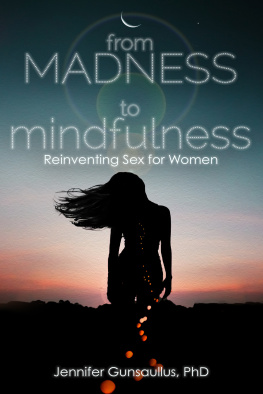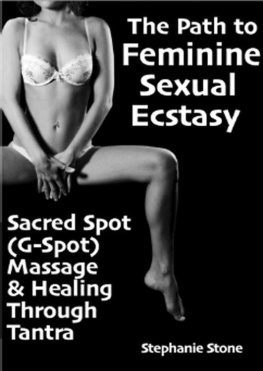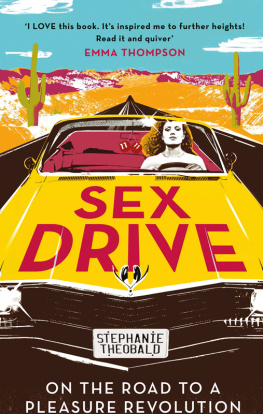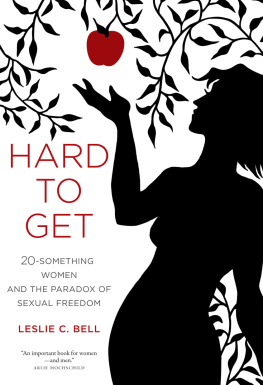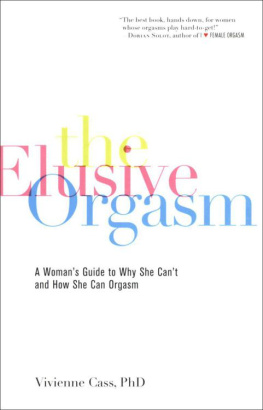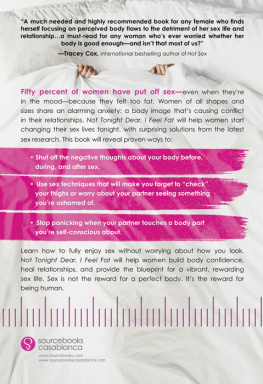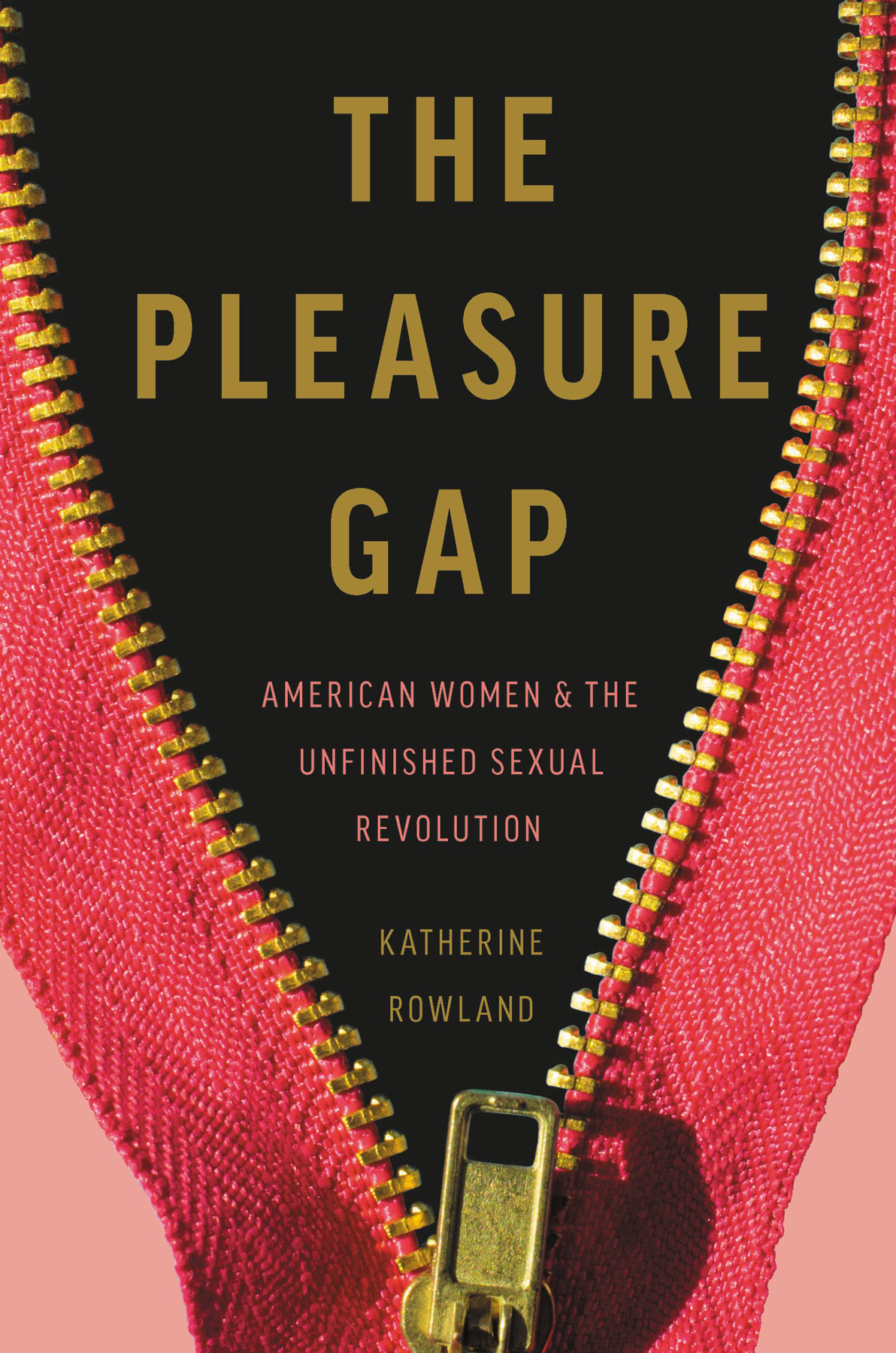Copyright 2020 by Katherine Rowland
Cover image Mimi Haddon / Getty Images
Cover copyright 2020 Hachette Book Group, Inc.
Hachette Book Group supports the right to free expression and the value of copyright. The purpose of copyright is to encourage writers and artists to produce the creative works that enrich our culture.
The scanning, uploading, and distribution of this book without permission is a theft of the authors intellectual property. If you would like permission to use material from the book (other than for review purposes), please contact permissions@hbgusa.com. Thank you for your support of the authors rights.
Seal Press
Hachette Book Group
1290 Avenue of the Americas, New York, NY 10104
www.sealpress.com
@sealpress
First Edition: February 2020
Published by Seal Press, an imprint of Perseus Books, LLC, a subsidiary of Hachette Book Group, Inc. The Seal Press name and logo is a trademark of the Hachette Book Group.
The Hachette Speakers Bureau provides a wide range of authors for speaking events. To find out more, go to hachettespeakersbureau.com or call (866) 376-6591.
The publisher is not responsible for websites (or their content) that are not owned by the publisher.
Library of Congress Cataloging-in-Publication Data
Names: Rowland, Katherine, author.
Title: The pleasure gap : American women and the unfinished sexual revolution / Katherine Rowland.
Description: First edition. | New York : Seal Press, [2020] | Includes bibliographical references and index
Identifiers: LCCN 2019032150 | ISBN 9781580058360 (hardcover) | ISBN 9781580058346 (ebook)
Subjects: LCSH: WomenSexual behaviorUnited States. | Libido. | SexUnited States.
Classification: LCC HQ29 .R69 2020 | DDC 306.7082dc23
LC record available at https://lccn.loc.gov/2019032150
ISBNs: 978-1-58005-836-0 (hardcover); 978-1-58005-834-6 (ebook)
E3-20200104-JV-NF-ORI
To Alma
Explore book giveaways, sneak peeks, deals, and more.
Tap here to learn more.

The world experienced comes at all times with our body as its center.
William James, The Experience of Activity, 1905
T HIS BOOK REPRESENTS a years-long reporting effort involving interviews and roundtable discussions with roughly 120 women as well as with dozens of scientists, researchers, advocates, and sexual health practitioners. I connected with the women whose stories inform the heart of this project through a number of channels. For many it was via a snowball method, that is, I approached friends and acquaintances, who in turn pointed me to their friends and acquaintances, and so on. While this yielded an overwhelming response, I additionally found informants at the various workshops, classes, meetups, and conferences I attended as part of my research. I reached out to some women directly through social media, largely because of what I saw in their existing digital presence. Lastly, I was introduced to a handful of women by various sexuality professionals.
Given the highly sensitive nature of the subjectsexuality, pleasure, and desireI have altered the womens names and identifying details. No one presented here is a composite charactereveryone is her own unique person. However, I have chosen at times to edit quotations for clarity as well as to eliminate some idiosyncrasies of speech. In some instances, women selected their own pseudonyms, but in most cases I used a first or middle name, or assigned a name based on an individuals general demographic background.
Although I spoke with women of all sexual orientations, this book focuses most closely on the experiences of women who have sex with men, because that was where (in step with the existing research) I identified the locus of sexual distress, the target market for solutions, and the largest appetite for sexual recovery. While older research has suggested that queer women are not as libidinous as their heterosexual
None of which is to say that sexual health and its expression are unproblematic for queer women. Rather, it seems that, at least in terms of pleasure and satisfaction, queer women may have some advantage. Based on my conversations, I would speculate that this has something to do with the fact that by coming out they have done some fundamental work on understanding their own desires, whereas for heterosexual women that is not necessarily the case. In addition, queer women are not as mired in the logic that sex means penetrative intercourse, a concept that, as Ill discuss, is remarkably ill-suited to female pleasure. All the same, I acknowledge that one does not need to be straight or to have sex with men in order to be affected by the cultural privileging of male sexuality and function. As one queer woman told me, Just because I dont have sex with men doesnt mean the patriarchy doesnt end up in my bedroom.
While this book engages with scientific subjects, I have steered away from weighing in on some of the biological factors that shape female sexuality, namely, the enormous influence of hormones, reproduction, menopause, pain, depression, and chronic illness. These are hugely important topics that indelibly shape arousal, desire, and pleasure, but given their complexity, they are discussed here as points of reference rather than as dedicated topics in their own right. Many excellent books have been written on these issues, and my interest here lies in how day-to-day experiences of contemporary womanhood shape how we feel in our bodies.
At times I write in the first-person plural. Such statements of we and us are meant neither to be presumptive nor to exclude readersincluding male readersbut rather to reflect the fact that the writing of this book, at this particular moment in history, was a politicizing exercise. Sex is so much greater than an act of intimacy.
People have often asked me whether my own sex life benefited from writing this book. The answer is both yes and no. I absolutely learned to value my own pleasure more than I had previously and to rethink how I inhabit and express my sexuality. But it was a more somber education than I had anticipated. In the four and a half years between first researching desire and handing in this manuscript, I birthed my son, lost my father, birthed my daughter, and lost my younger brother. My revelations about sexuality were therefore bound in serial reconstitutions of my own identity. Given that pleasure is not the opposite of pain, but rather the receptiveness to feeling, I hope that these experiences enrich rather than impoverish my words.
Tomorrow sex will be good again.
Michel Foucault, The History of Sexuality, vol. 1, 1978
I N THE LOBBY of Building 31 at the Food and Drug Administrations White Oak Campus, a display case houses a small but terrifying exhibit of recalled or otherwise perilous medical inventions. As I passed by, the iconic shape of the Dalkon Shield snagged my attention. An oblong disk ringed with spikes, in appearance it has been compared to a stingray or a crab, but it has also been described as an instrument of torture, which, it turns out, is precisely what it was. Marketed in the early 1970s as a superior intrauterine devicethe Cadillac of IUDs for a new birth-control-savvy generation, the shield resulted in the deaths of more than twenty women and rendered at least thirteen thousand women sterile or infertile. By the mid-1980s, some two hundred thousand women claimed to have been injured by its use.


